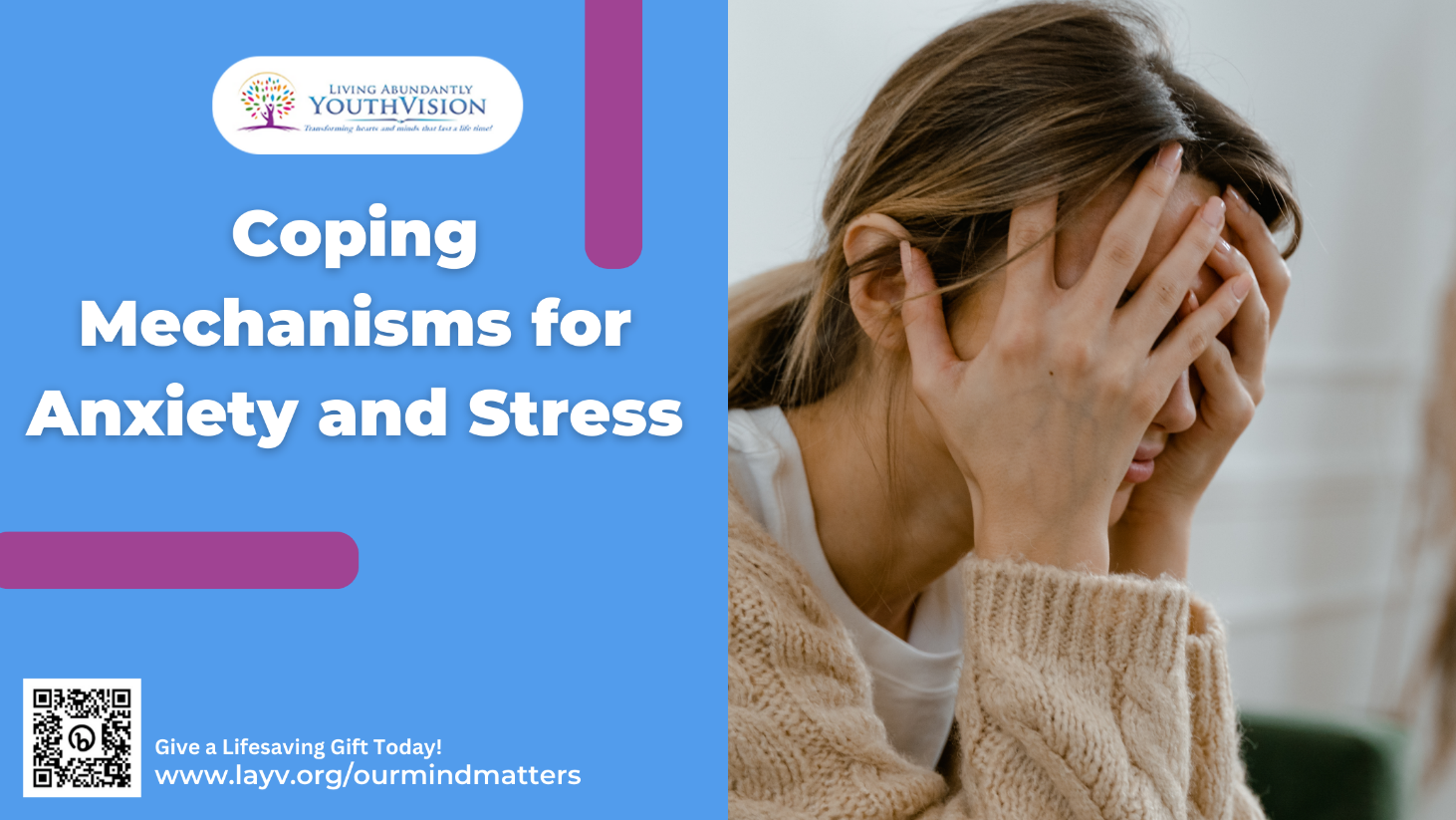Tools you can use to manage difficult emotions and stressful situations
They can be categorized into immediate strategies for short-term relief and long-term practices for building resilience.
Emotions can help manage stress by promoting mindfulness practices, physical activity, and talking to trusted adults. Meditation, deep breathing, sensory grounding, acceptance, and challenging thoughts can help manage stress. Physical activity boosts mood and releases stress chemicals. Talking to someone about feelings can help explore emotions and think differently. Self-care includes getting enough sleep, balancing eating, and avoiding mood-altering substances. Taking breaks and embracing emotional suffering can help recover from stress. Drawing a line helps identify things not under control and actions to exert control.

Techniques for Immediate Stress Relief
- Deep Breathing: Focus on slow, controlled breaths to activate your body’s relaxation response. Inhale for a count of four, hold for four seconds, and exhale for eight seconds.
- Progressive Muscle Relaxation: Tense and relax different muscle groups throughout your body, starting with your toes and working your way up. This technique can help release physical tension associated with stress.
- Mindfulness: Focus your attention on the present moment and acknowledge your thoughts and feelings without judgment. Take a few mindful moments to observe your surroundings – sights, sounds, smells.
- Engage Your Senses: Splash cold water on your face, chew a piece of gum, or hold a scented object like a lavender sachet. Sensory stimulation can help ground you in the present moment and distract from anxious thoughts.
The Anxiety and Depression Association of America (ADAA) offers a wealth of resources on anxiety management strategies HERE (https://adaa.org/)
Long-Term Strategies for Managing Anxiety:
- Regular Exercise: Physical activity is a powerful stress reliever. Aim for at least 30 minutes of moderate-intensity exercise most days of the week.
- Healthy Sleep Habits: Prioritize a consistent sleep schedule and create a relaxing bedtime routine. Adequate sleep is essential for emotional well-being.
- Balanced Diet: Nourish your body with nutritious foods that support your mood and energy levels. Limit processed foods, sugary drinks, and caffeine.
- Relaxation Techniques: Practice activities like yoga, meditation, or tai chi. These techniques can promote relaxation and inner peace.
- Cognitive Behavioral Therapy (CBT):CBT can help identify negative thought patterns that contribute to anxiety and develop coping mechanisms to manage them.
Stress Relief Techniques from The Mayo Clinic can be found HERE (https://www.mayoclinic.org/healthy-lifestyle/stress-management/basics/stress-basics/hlv-20049495)
Remember, you are not alone. Many effective resources are available to help you manage anxiety and stress. If you’re struggling, consider seeking professional help from a therapist or counselor.

CONCLUSION
By incorporating these coping mechanisms into your life, you can equip yourself to navigate challenging situations with greater calm and control. Remember, self-care is not selfish; it’s essential for managing stress, reducing anxiety, and cultivating overall well-being. So, take a deep breath, explore these techniques, and prioritize your mental health.





